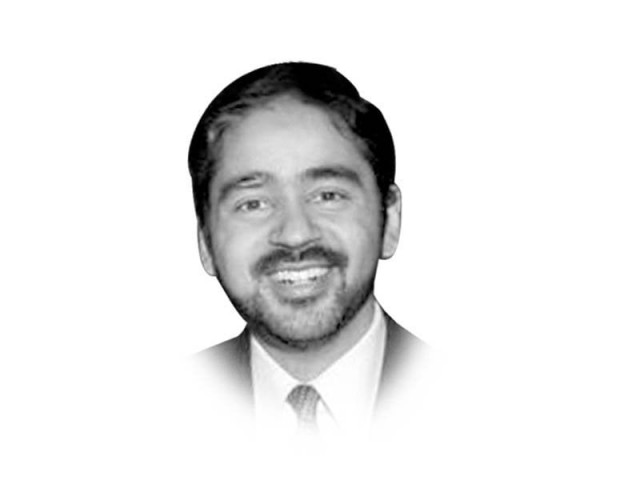The opportunity to include
The only contempt worth having should be for the current status of our human development

The writer is a Howard Hughes Medical Institute professor of biomedical engineering, international health and medicine at Boston University. He tweets @mhzaman
The first, and perhaps an exciting part, is a sense that now is the time to act. What I heard was an agreement that we need to change course and a strong willingness to work. I recognise that my sample is far from comprehensive, and while this sense of action may seem mundane, but underlying this sense was an energy that I felt among many whom I spoke to. This energy was palpable not only in the federal capital, but also in Lahore and Karachi. Most importantly, this was true in those who were working for not just the PTI government (at the centre) but also among those who were working for the PPP government in Sindh.
The other side of the picture is darker and perhaps quite concerning. There seems to be a sense among many healthcare and health policy colleagues, that the current process of moving towards the goals of sustainability and positive impact is not at all inclusive. In fact, many felt that was based on the same old principles of us vs them. Politics, many of the frontline workers felt, was getting in the way of inclusion. There seems to be a sense that we are going back to the era of central planning and inclusion of regional voices, perspectives and challenges are completely absent. In particular, colleagues in Karachi (including many staunch PTI supporters) and those who I got to meet from interior Sindh felt strongly that the perspective of regional health leaders, practitioners and academics, particularly those in the public sector was absent from national discourse on education and health. Political affiliation seems to supersede willingness to listen, and include. This exclusion has started to create a gulf of trust that is rapidly growing even among the diehard supporters of the government. This gulf of trust, combined with the toxic political discourse that seems to be rising in temperature, would make it difficult to develop, and impossible to implement sustainable policies.
The argument of exclusion also went beyond health and beyond party politics. Colleagues in Karachi and Lahore brought up matters that directly relate to women often having no representation in the decision-making committees. The number of women in higher leadership positions is unacceptably and embarrassingly low. This is a persistent problem, and not only has there been no serious effort to address it, new frustrations due to lack of representation at the committee level are also cropping up.
The energy that is palpable in the attitude is getting diluted and poisoned by an increasing sense among various groups that they are not part of the decision-making process. Worse, that not only are they not included, but that they are not wanted.
The politics of the country is messy, the economy needs major revamp, the healthcare infrastructure is archaic and the education is best described by the word emergency. Under these circumstances, while there is enough to divide us, there is even more to unite us. The concern for children in desperate need of nutrition, the sick in need of comfort and care, the harassed and abused in need of kindness, shelter and support has to be well above our dislike for a particular party, or our disgust at a particular phrase spoken in the assembly. The only contempt worth having should be for the current status of our human development.
Published in The Express Tribune, January 29th, 2019.
Like Opinion & Editorial on Facebook, follow @ETOpEd on Twitter to receive all updates on all our daily pieces.














COMMENTS
Comments are moderated and generally will be posted if they are on-topic and not abusive.
For more information, please see our Comments FAQ